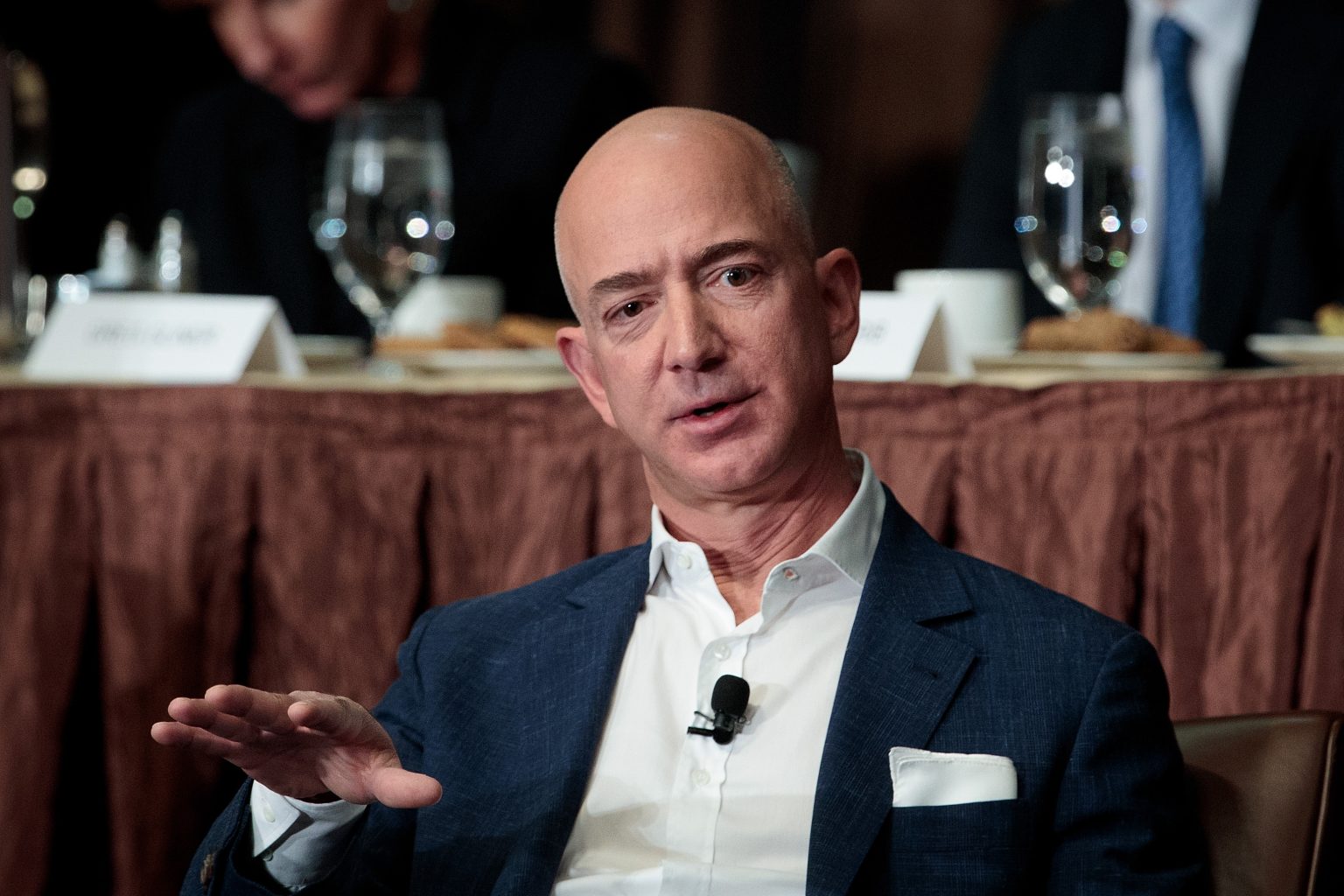Jeff Bezos, the CEO of Amazon and owner of The Washington Post, explained in an op-ed published on Monday that the newspaper chose not to endorse a presidential candidate in the 2024 election to maintain trust with its readers. Bezos stated that the decision was made in response to the decreasing public trust in journalists and media organizations, emphasizing the importance of being perceived as accurate. He argued that presidential endorsements do not significantly influence election outcomes but rather create a perception of bias, leading to the principled decision to end the practice.
William Lewis, the publisher of The Washington Post, initially announced in an op-ed that the newspaper would not be endorsing either Vice President Kamala Harris or former President Donald Trump for the upcoming election. This decision received criticism, with some calling it “cowardice,” “disturbing,” and “spinelessness.” It was later revealed that the Post’s editorial board had been prepared to endorse Harris, but Bezos intervened and blocked the endorsement from being released. Bezos clarified that neither candidate was consulted or informed about the decisions made by the newspaper, dismissing allegations of a backroom deal following a meeting between Trump and a CEO of Bezos’ space company.
Robert Kagan, the Post’s outgoing editor-at-large, resigned from his position and suggested that there may have been an agreement between Bezos and Trump based on the timing of the endorsement decision and the meeting between Trump and the CEO of Blue Origin. Twenty-one columnists at the Post also expressed their dissent, describing the choice not to endorse a candidate as a “terrible mistake.” Despite the backlash, Bezos remained firm in his stance, emphasizing the necessity of maintaining the paper’s credibility and importance as an independent voice in the media landscape.
The Los Angeles Times made a similar decision not to endorse a candidate in the 2024 election after its owner, billionaire Patrick Soon-Shiong, prevented the publication of an endorsement of Harris by the editorial board. This move led to the resignation of the editorials editor and two additional members of the editorial board. Soon-Shiong’s daughter attributed the decision to block the endorsement to concerns about Israel’s treatment of Palestinians, hinting at the political complexities that influenced the editorial choices of media organizations and their owners. The backlash from progressives over Harris’ stance on Israel may impact her electoral prospects, particularly in key swing states like Michigan.
In his closing remarks, Bezos reaffirmed his commitment to preserving the integrity and relevance of The Washington Post, highlighting the importance of upholding a trusted and independent voice in the media landscape. He expressed a willingness to actively engage in ensuring the paper’s continued impact and influence, contrasting it with the “unresearched podcasts and social media barbs” that dominate contemporary discourse. By refusing to endorse a candidate in the 2024 election, Bezos and other media owners have sparked a debate about the role and responsibility of journalists and media organizations in shaping public opinion and maintaining the public’s trust.








